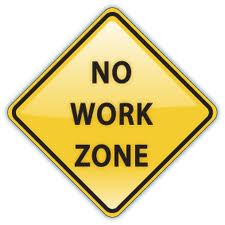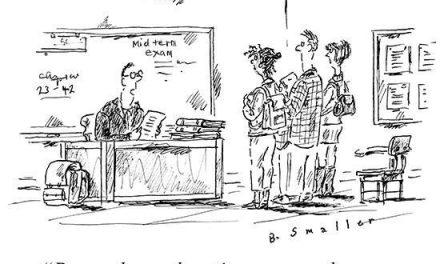The question, “What do you do?” can tug on one’s heart strings and stir the emotional pot, especially if you are part of the large swath of American women and men currently not working thanks to the partial government shutdown. (See the latest New York Times video attempting to capture the unfolding situation.) Small talk around my dinner table last night mentioned some of what was “happening with Congress” and there was some back and forth exchange but not nearly enough for me. I wanted to stand up and give a rousing sermon to my dinner guests about why the question “What do you do?” matters. Put differently, I was ready to launch into a semi dissertation-like lecture on the tradition of Catholic social teaching and its attention to the question of work, yet I failed to say much of anything. For this, I wish I could go back, especially since we are quickly nearing the end of another day of partial “Government Shutdown 2013.” So before another day ends, two quick thoughts.
First from Pope Leo XIII’s 1891 encyclical Rerum Novarum to John Paul II’s 1981 encyclical Laborem Exercens, long has the tradition of Catholic social teaching been concerned with what it refers to as the “worker question,” broadly meaning the problem of the exploitation of workers brought about by an array of forces associated with 20th century industrialization processes.
Second point. And yet, the running joke among inside and outside Catholic circles is this: Catholic social teaching is the Catholic Church’s “best kept secret.” To that line of thinking I respond with this:Let us hear something in this coming weekend’s homily as to the Church’s heartfelt defense of the inalienable dignity of the worker preached by Leo III in Rerum Novarum. Or let those concerned with the current socio-economic-political situation form reading groups in their local parishes to explore further why John Paul II argued in Laborem Exercens #3 that work is the “essential key” to the whole social question and is the condition not only for economic development but also for the cultural and moral development of persons, the family, society, and the entire human race. In other words, let’s examine the issue of work together, especially as it relates to our current government crisis.
As for me, I return to my ethics classroom in two short days where I am ironically teaching on the topic of work to a group of twentysomethings, most of whom are disillusioned by what is happening in Congress and have not thought about work as a contemporary moral problem. My challenge will be to help them understand why the question, “What do you do?” matters. To do this, I am indebted to the ways in which Kathleen Darby Ray unpacks work as a moral category in her small, yet incredibly accessible book titled Working. (The book is part of a series by Fortress Press titled Christian Explorations of Daily Living.) Darby Ray highlights for her reader why the question of work is so vital, starting with the obvious claim we work to survive, but then moving on to explaining how work provides our daily lives with meaning and content. That is, work gives each of us a sense of personal identity. Moreover, one way in which a society distributes power and demarcates social roles is through work and the value assigned to different forms of work. Darby Ray concludes her first chapter by stating,
…work is a deeply important personal and communal practice. It is a person-forming, world-constructing activity that is absolutely fundamental to human existence and community. Work can also be, at the same time, a personhood-destroying, world-unraveling activity. Because it is both these things, and because in this historical moment it is in powerful flux, it is incumbent upon Christians to consider what our tradition has to say about work.
There is a lot more that can and needs to be said. This post is one small step. I am not a politician. I am not a member of Congress. I am, however, committed to dialoguing with others about what the Christian and Catholic social teaching traditions have to say about work as a contemporary moral problem. I hope we can find creative ways to do this and connect it to what is currently happening to thousands of governments workers as they enter a second week unable to answer the question “What do you do.”




